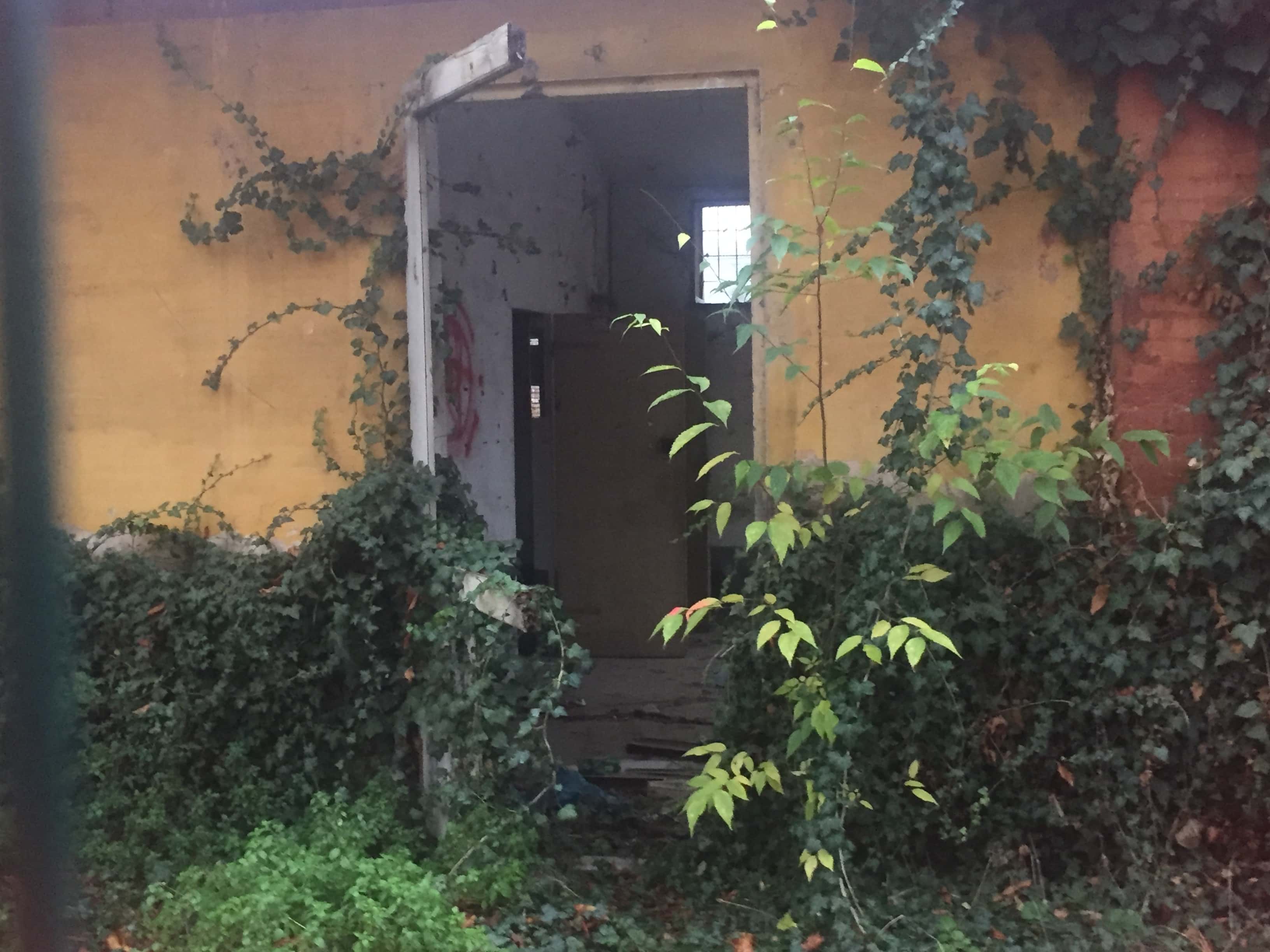Heav’n has no rage, like love to hatred turn’d,
Nor hell a fury, like an aspiring writer scorn’d
Thus, urged by the subtle pleasure involved in shaking up you readers, enveloped in that comfortable torpor caused by the suspension of disbelief, let me introduce the autobiographical tale of woe of the actual writer. Though admittedly it might have not exactly been easy for you to grow comfortable and complacent as you tried making sense of the fragments voicing alternating, unreliable narrators you have heard so far, in this dystopian tale set in 2045 Berlin, the writer herself has felt a little left out. Banefully she did decide to throw in fragments of a parallel autobiographical narrative taking place in 2019-2020 chronicling the vicissitudes of the wistful writer, one Pina Piccolo as the world swirls in the throes of Covid-19.
The product of three generations of intercontinental migrations, and initiator of a sort of Fourth International of restlessness, former low level academic, former translator, former poet, former cultural/political activist, straddling with varying degrees of unsuccess the English and Italian language, having reached the pre-senescent stage, she decided it was high time to subject any potential readership to her exercise in a new literary genre. Some family members, friends and acquaintances reacted with excitement at the news (maybe this would help slow down her hamster-like, inconclusive activity in the aforementioned former fields of action), others expressed a degree of skepticism, suggesting questions like ”Do you really know how to do it? Have you ever written one before? Who do you think you are- Ocean Vuong or somethin…? Do you have a publisher? Come on, who do you think is gonna read it? thus feeding the insatiable hunger of her over-developed impostor complex.
Alas, undaunted, she persisted, driven by a missionary zeal to do her part in helping overturn staid epistemologies and ontologies, now that we really seem to be on the cusp of a paradigm shift (something she had been privy to since her enrollment in the U.C. Berkeley Collegiate Seminar Program from 1974 to 1976 -another one of those failed experiment that seem to have punctuated her life- but failed to materialize through the decades, leaving her perplexed and with a feeling of being constantly subjected to the mockery of temporal fate).
But how to create the appropriate form, an aesthetics capable of lending shape to these novel fruits of the imagination informed by paradigm change? Can they really be conveyed by the spoken or written word? And, on top of that, in the form of a novel, a genre whose death critics have been claiming for at least one hundred years now? Think of the irony of that! A sort of poetic justice by which a new epistemology is enveloped in a dying form, forever yielding those monsters of the Interregnum to which Gramsci alluded more than one hundred years ago. Can that really be done, if you are putting into question the very building blocks of literature as communication? After all, the 20th century has been dominated by the question of language, a fascination with it, but what if it turns out that language is the very element that is obscuring our existence? What if instead of being what distinguishes ‘man’ from ‘animal’, it is infact a throwback, a slippery slope, a virus, something that is drawing away from a superior way of knowing? So what if you expend your energies creating art forms that are language based: is that in itself something that pulls us down, a sort of gravity rather than uplift?
But I’m getting ahead of myself. Let’s go back to why I might want to write a novel. Is it simply because poetry does not provide a ‘length’, a lapse, a rhythm, a richness, a texture, a frame of complexity that is needed if you want to tackle characters, development, a narrative arch? They did it with epic poetry thousands of years ago, why bother with a novel today? Then there is the question of the visual… who in their right mind would go to a book when they can get the pleasure of a story told actors performing dialogue, get the descriptive parts as set, scenery and even special effects, computer enhanced realities? Of course there is pleasure in visualizing the events and characters in your private imaginary, seeing them with your mind’s eye and not with that of some Hollywood, Bollywood, Nollywood director, but, hey, human beings are also known to be lazy…

